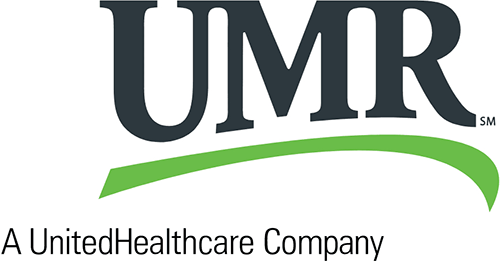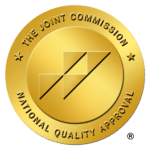Dealing with addiction or mental health challenges can be tough, and finding the right type of support is key to a successful recovery. One option many people consider is an Intensive Outpatient Program, or IOP for short. An IOP offers flexible treatment close to home, which can be incredibly helpful for those balancing other parts of their life, like work, school, or family. If you are searching for an IOP, you are already on the right track to finding a supportive program that allows you to work on your recovery without completely stepping away from your daily routine.
What Is an IOP and How Does It Work?
An Intensive Outpatient Program (IOP) is a structured treatment program designed to help people struggling with addiction or mental health issues. Unlike inpatient care, where patients stay at a facility full-time, an IOP allows individuals to live at home and come to the center for scheduled treatment sessions. This makes an IOP different from traditional outpatient care because it provides a more intense level of support with multiple weekly sessions. Searching for an IOP gives you access to this intensive, flexible care in a location close to home, which can make all the difference in a person’s journey to recovery.
Key Benefits of Choosing an IOP
- Flexibility and Convenience: One of the biggest benefits of choosing an IOP is that it allows you to continue with your regular life while receiving treatment. You do not have to pause everything to work on your recovery. Instead, you can still go to school, work, or take care of your family while attending your IOP sessions. This flexibility makes it easier for people to manage their recovery without feeling completely overwhelmed by the process.
- Access to Local Support: Finding an IOP near you means you’re more likely to have a strong local support system. A nearby program feels more accessible, so it’s easier to stay committed. Knowing that support is just around the corner can be comforting and motivating.
- Strong Community Support: An IOP also gives you the chance to connect with others who live nearby and are facing similar challenges. These local peers can become a part of your support system, even outside of treatment sessions. By going through the journey together, you build strong bonds that make you feel less alone and more empowered to continue on the road to recovery.

How an IOP Supports Recovery and Reintegration
An IOP is designed to support individuals as they gradually reintegrate into daily life. This is especially important for people transitioning from an inpatient facility, where everything is controlled, to the real world, where new challenges may arise. In an IOP, you’ll gain tools and strategies to handle daily stressors, cravings, and triggers.
Through the program, you’ll learn valuable coping skills, such as how to manage your emotions, communicate effectively, and handle difficult situations. By practicing these skills while still in treatment, you’ll feel more confident in handling life outside of the program. This gradual approach helps you rebuild your life with stability and strength.
Types of Therapy and Services Offered in IOPs
An IOP near you can offer various types of therapy and support services, each designed to help you understand your challenges and develop strategies for long-term success.
- Individual Therapy: This is where you will meet one-on-one with a counselor to talk about personal struggles, set goals, and work through specific challenges. Individual therapy offers a private space to explore issues that may be holding you back.
- Group Therapy: In group therapy, you’ll join others who are also working on recovery. This is a chance to share experiences, listen to others, and learn from different perspectives. Many people find group therapy comforting because it shows them that they’re not alone in their journey.
- Family Therapy: Addiction and mental health issues can strain family relationships. Family therapy helps repair those relationships by improving communication, understanding, and support. Through family therapy, everyone learns how to work together to create a supportive home environment.
- Additional Services: Many IOPs also offer additional programs like relapse prevention, life skills training, and wellness activities. These can include things like meditation, exercise classes, or art therapy, all of which contribute to emotional and physical well-being. Such services help build a strong foundation for a healthy, balanced life.
Who Should Consider an IOP?
An IOP is an excellent option for individuals who need structured support but also want the flexibility to maintain their daily responsibilities. It’s especially helpful for those in early recovery or those who are transitioning from inpatient care. If you’ve completed an inpatient program but feel that you still need guidance, an IOP might be a good fit. It offers continued support to help keep you on track, without requiring you to commit to a full-time residential program.
How to Find the Right IOP
When looking for an IOP, it is important to choose a program that feels right for you. Start by researching reputable centers and reading reviews or testimonials. Consider factors like program accreditation, the treatment approach, and the experience of the staff. It’s also important to make sure the program offers therapies and services that align with your needs. Speaking with intake specialists can help answer any questions and give you a feel for the program’s approach to care.
Contact Our Team Today
Choosing to attend an IOP is a positive step toward recovery that allows you to get the help you need while staying connected to your daily life. An IOP provides flexibility, local support, and a strong community to help you on your journey. At Firm Foundation Treatment Center, our Woodstock, GA, facility is here to offer compassionate and effective care. If you are ready to start your recovery, reach out to us at 470-274-7225 to learn more about how our IOP can help you take the next step toward a healthier, happier life.













